For interim and executive hires, who often step into roles during times of significant change or crisis, resilience is not just a quality to aspire to but a necessity for navigating complex challenges. By embedding mentoring into a resilience culture, organisations
1. Understanding Resilience in Leadership:
Resilience in leadership goes beyond bouncing back from setbacks; it involves the capacity to adapt, maintain focus, and lead effectively under pressure. Interim and executive hires, often facing high-stakes situations, require a robust support system to develop and sustain this resilience. This is where mentoring becomes invaluable.
2. The Role of Mentoring:
Mentoring provides a structured form of support where experienced leaders guide, advise, and encourage their less experienced counterparts. It also offers a sounding board for navigating organisational politics, making strategic decisions, and managing stress. It helps build confidence and provides practical strategies for overcoming obstacles.
3. Tailored Support for Interim and Executive Hires:
Mentoring programs should be tailored to the unique needs of interim and executive hires. These leaders face different challenges compared to permanent staff, such as short-term objectives, integration into existing teams, and immediate impact expectations. Effective mentoring should address these specific challenges, providing relevant advice and support.
4. Matching Mentors and Mentees:
Successful mentoring relies on a good match between mentor and mentee. Mentors should ideally be seasoned leaders with experience in similar roles or industries. This alignment ensures that the guidance offered is practical and grounded in real-world experience.
5. Setting Clear Objectives:
To be effective, mentoring relationships should have clear objectives. These might include goals related to leadership development, strategic thinking, stress management, or navigating organisational changes. By setting these objectives, both mentors and mentees can track progress and ensure the relationship remains focused and productive.
6. Assessing Resilience Growth:
To evaluate the effectiveness of mentoring programs, organisations should assess the growth in resilience among staff. This can be done through feedback surveys, performance reviews, and assessing the ability of leaders to handle stress and change.
7. Tracking Organisational Impact:
The impact of mentoring extends beyond individual leaders to the organisation as a whole. Monitoring metrics such as team performance, employee engagement, and turnover rates can provide insights into how well the mentoring program is supporting organisational resilience.
Mentoring within the framework of a resilience culture is a powerful strategy for supporting interim and executive hires. By providing tailored guidance, fostering open communication, and promoting work-life balance, mentoring helps these leaders navigate the complexities of their roles and build resilience. Embedding effective mentoring practices can enhance leadership effectiveness, support organisational stability, and contribute to long-term success. Investing in mentoring is not just about individual growth; it’s about cultivating a resilient and thriving organisation capable of overcoming any obstacle.






